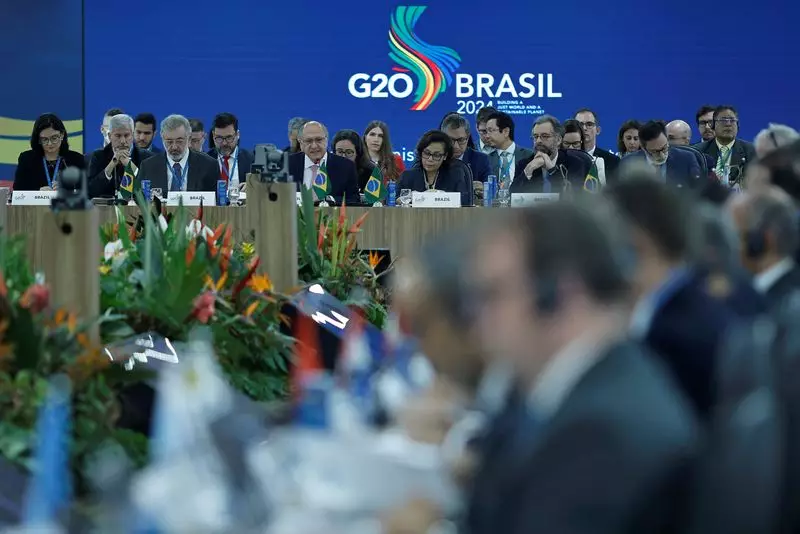During a recent meeting in Brasília, the trade ministers of the G20—comprising the world’s largest economies—came together to forge a path toward a more inclusive and sustainable global trade framework. Emphasizing the critical role of international trade and investment in driving sustainable development, the ministers agreed on various pivotal proposals aimed at enhancing the global economic landscape. This initiative prioritizes women’s participation in international trade, a significant addition to G20 discussions as highlighted by Brazil’s Vice President and Trade Minister, Geraldo Alckmin.
For the first time, women’s involvement in international trade has taken center stage in discussions at the G20. The Brazilian President, Luiz Inácio Lula da Silva, was particularly instrumental in this inclusion, insisting on its recognition as a fundamental principle of the G20. This focus on empowerment signals a significant shift in global trade narratives, underscoring the importance of gender equity in economic strategies. Future proposals aimed at bolstering women’s roles in trade will be submitted to the leaders of the G20 during their summit in November, reinforcing a collective commitment to fostering gender inclusivity in the economic sphere.
Furthermore, amid growing concerns over climate change, the G20 ministers accentuated the need to align trade and investment with environmentally sustainable practices. Brazil, hosting the upcoming COP30 climate talks, is leveraging its position to advocate for global policies that facilitate sustainable economic development. The call for environmentally conscious trade policies is a critical step in ensuring that economic growth does not come at the cost of the planet, marking a progressive agenda in international trade discussions.
In addition to addressing gender and climate issues, the G20 trade ministers have also prioritized the reform of the World Trade Organization (WTO). The ministers aspire to create a conflict resolution system that is quicker, more effective, and agile, responding to the complexities of contemporary trade relations. This call for reform reflects an overarching need to modernize international trade institutions to better serve the evolving dynamics of global commerce.
Despite the forward-thinking proposals, the meeting did not shy away from addressing more contentious global matters, such as the crises in Ukraine and Gaza. Though there were clashes regarding how these issues should be handled within the G20 framework, the overarching tone of the meeting was one of consensus. An Asian diplomat mentioned that despite disagreements in text drafting, the participants ultimately rallied around key proposals, particularly regarding women’s inclusion in trade.
As the G20 prepares for its upcoming summit, the discussions in Brasília highlight a growing awareness of the multifaceted challenges facing the global economy today. By prioritizing sustainable practices, gender equity in trade, and the reform of critical trade institutions, the G20 ministers are taking significant strides toward creating a more equitable and resilient global economic landscape. The collective commitment and diverse perspectives that emerged from this meeting provide a promising foundation for future international trade discourse, positioning the G20 as a potential leader in the march toward equitable global growth.

